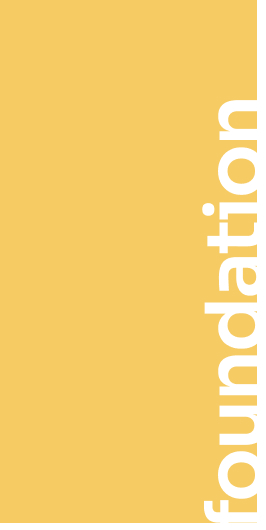
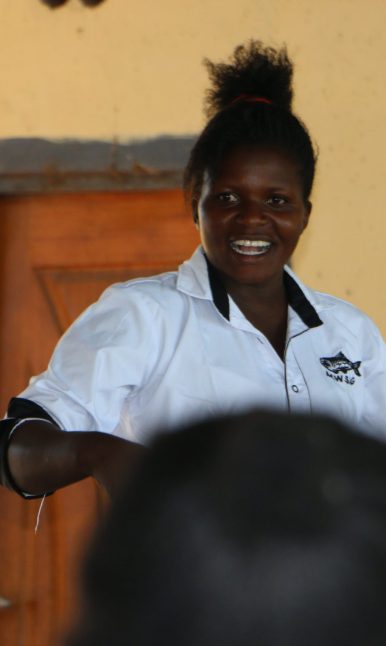
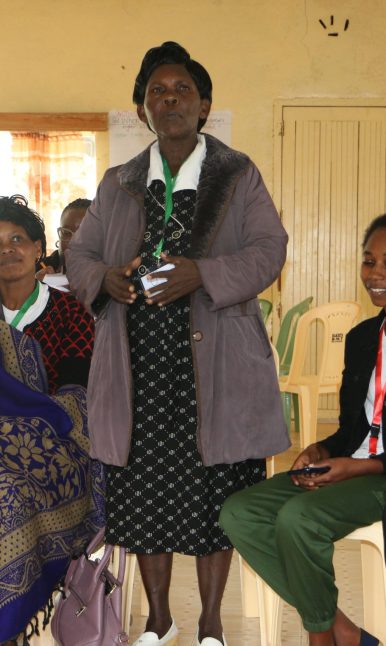
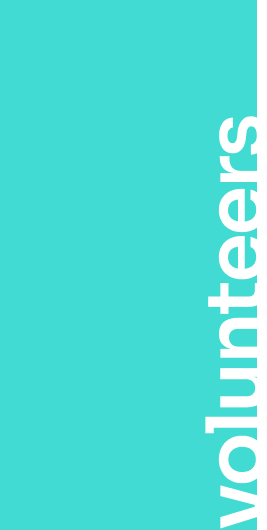
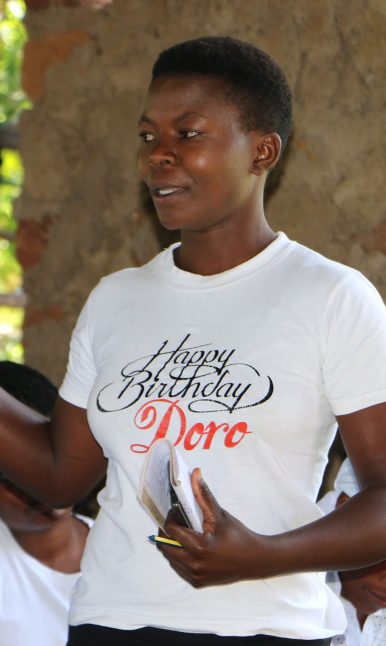
Partnerships and collaboration
We establish collaboration with the public and private sectors actors who support structural change sustainable practices that protect the rights of women.
Advocacy
Support the advancement of establishments, policies and institutions that promote women and girl’s rights and empowerment (campaigns, advocacy
Capacity Development
Facilitate strengthening skill development ( trainings, mentoring, coaching e.t.c) to young women and girls on leadership especially through a National Women’s Leadership Academy. WEL also builds the advocacy capacity of identified stakeholders group.
Kenya Women’s National Charter
WEL engages in strategic and advocacy for the implementation of the Women’s Charter and its National Action plan as tools for accountability to the women of Kenya by duty bearers.
Development of Tools and Materials
Development tools for corporate advocacy across WEL’s priorities as well as general training, mentorship and advocacy materials for women in leadership.
Research and Analysis
Regularly assess/ monitors the operating landscape to identify emerging issues requiring attention. Also generate ne knowledge and models for women empowerment.
Media Engagement
Systematically engage with the media as partners in advocacy and monitoring relevant policy and practices. Also includes strengthening media capacity to effectively report on gender inequality and women empowerments.
Civic education
Facilitates drives to rise consciousness on existing gendered inequalities and challenge unequal social norms/ power relations and promote election and, or appointment of women into leadership positions.
Related Blogs
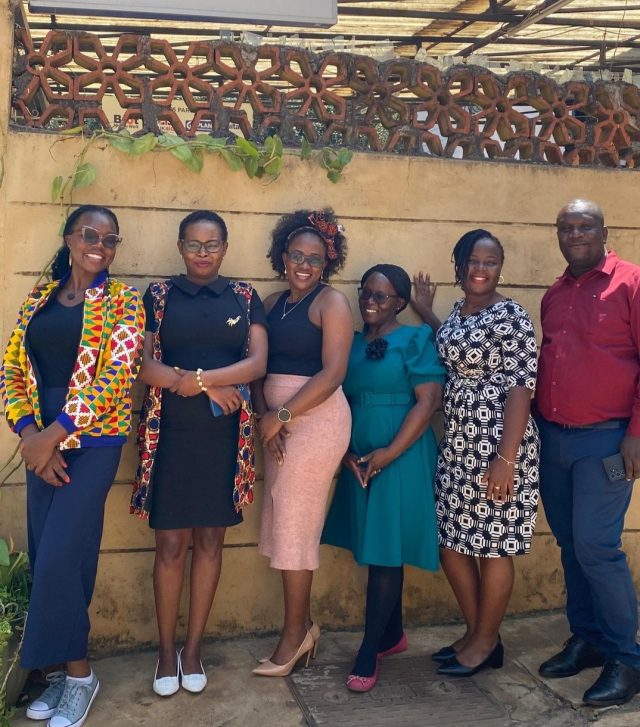
Empowering Women to Lead in Climate Action
At Women’s Empowerment Link (WEL), fostering accountability and transparency in...
Read more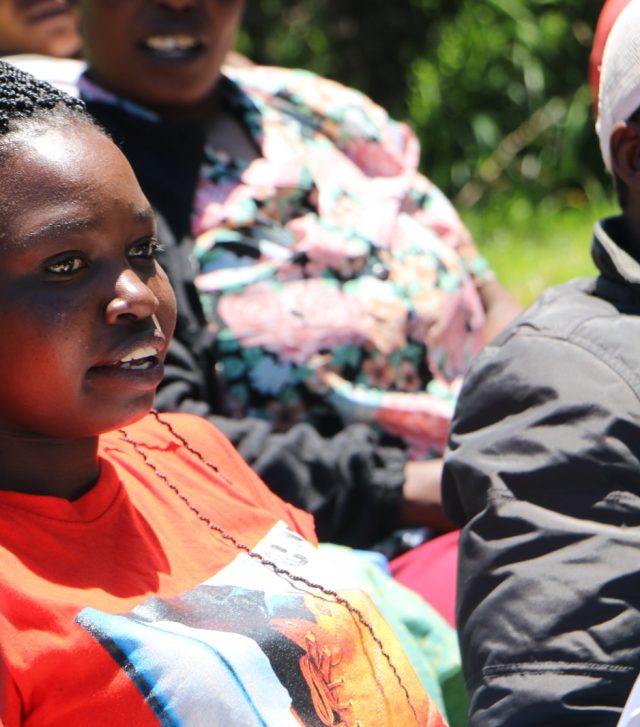
Empowering Communities through Accountability
Aliquam euismod mi vitae nibh placerat, nec auctor neque lacinia. Curabitur gravida...
Read more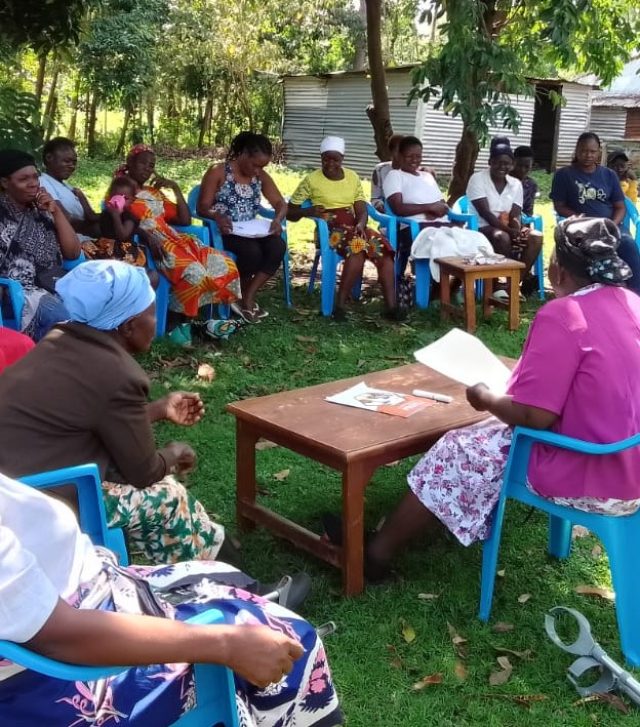
Strengthening Women’s Leadership in Homa Bay County
At Women’s Empowerment Link (WEL), empowering women to take leadership roles and...
Read more

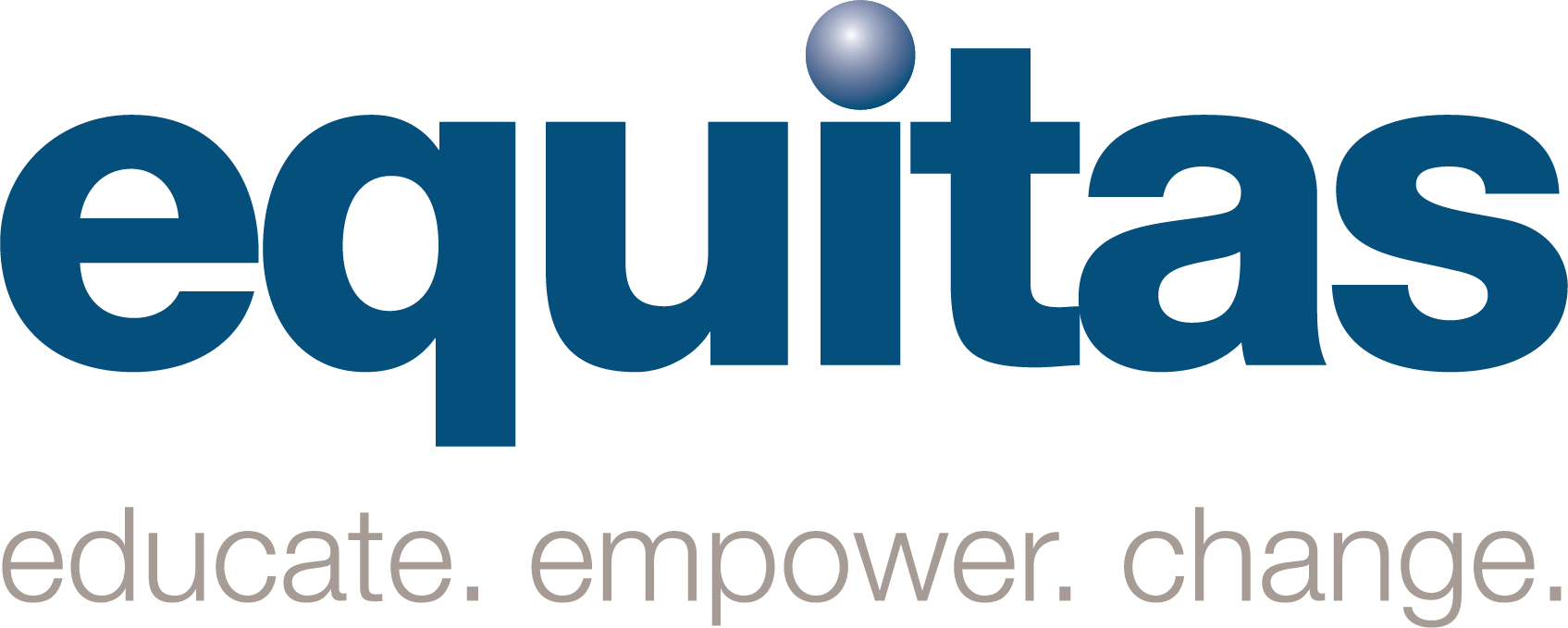


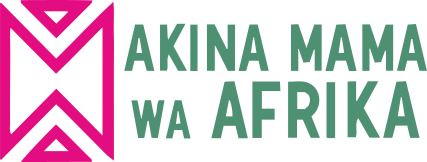
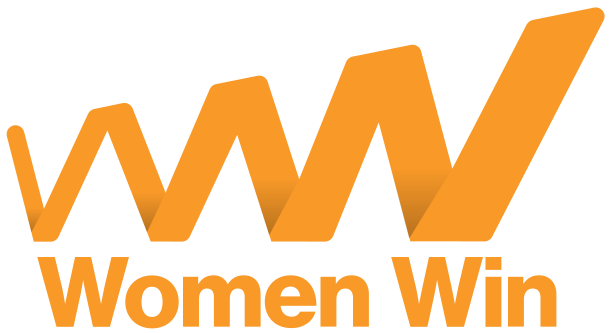
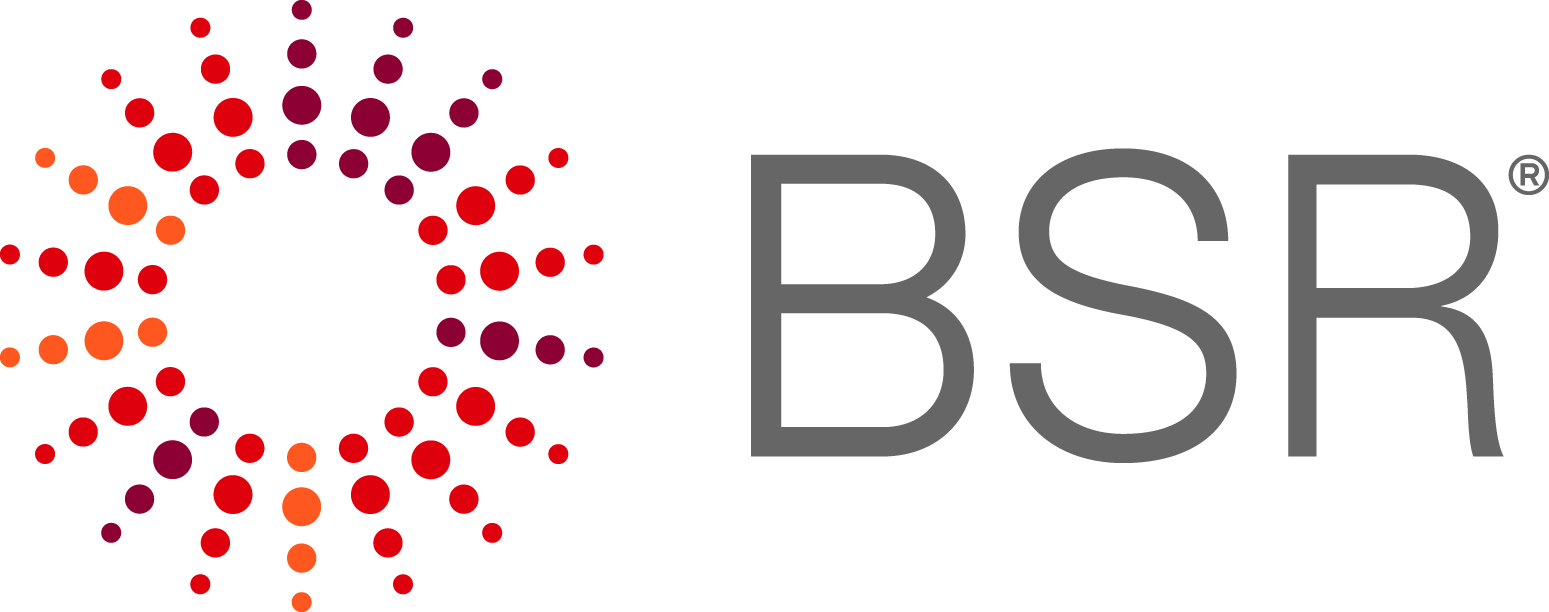


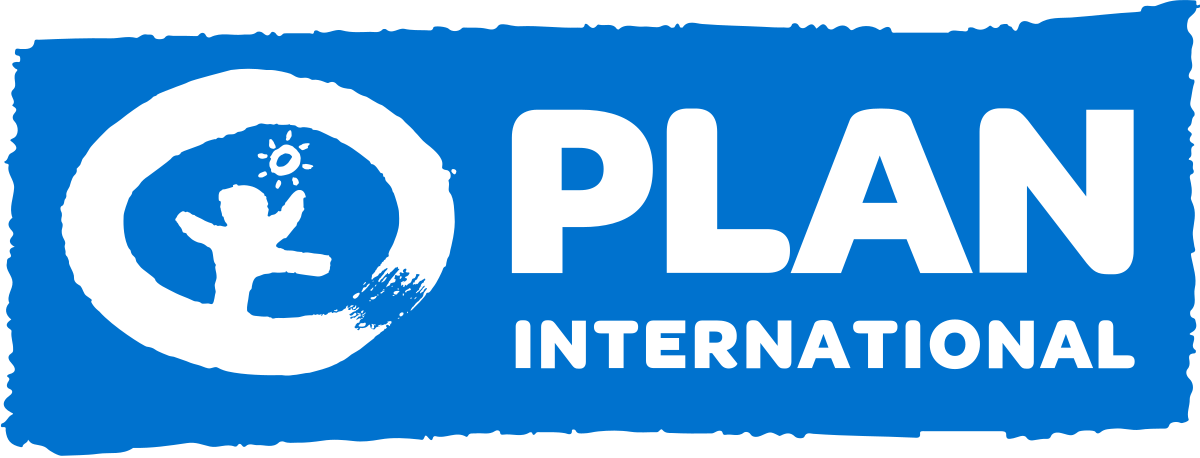



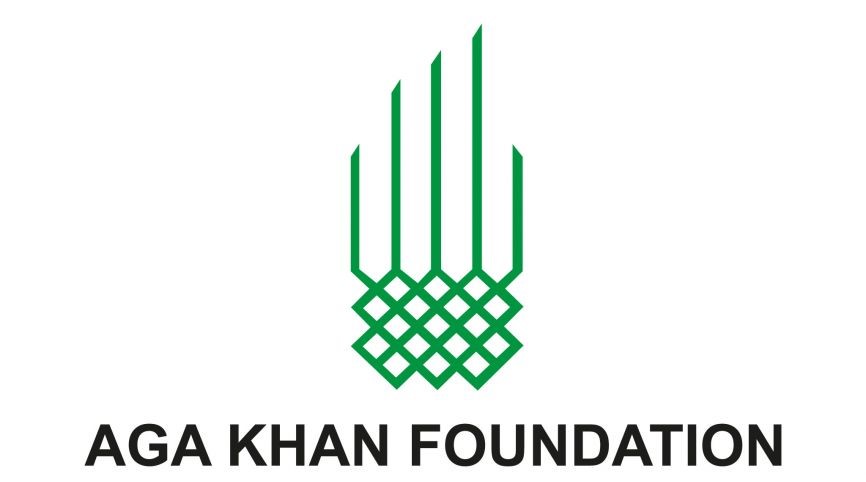

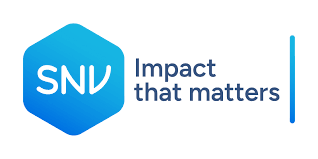
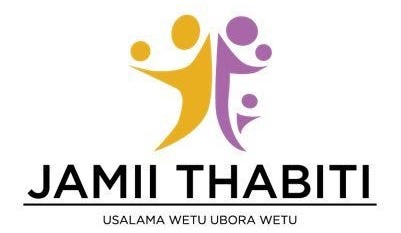

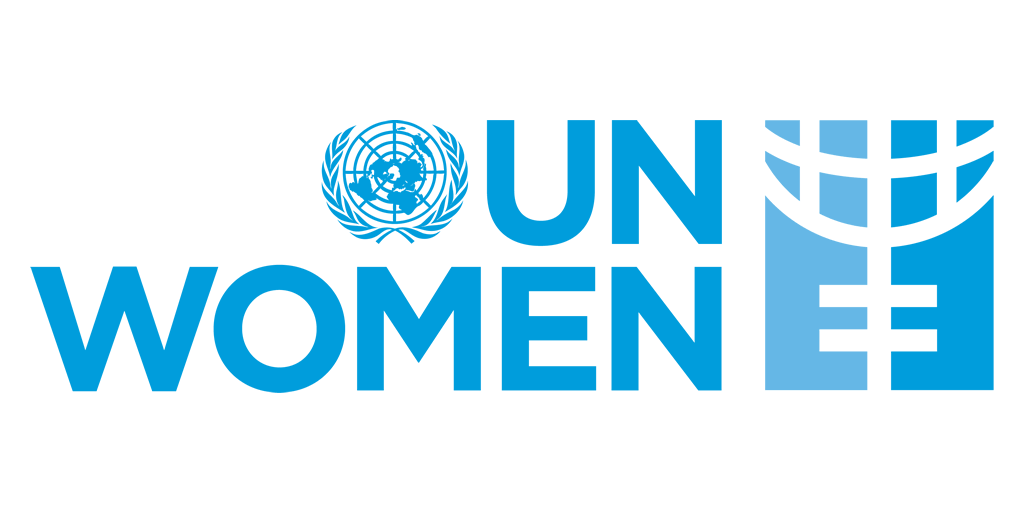

Transformative Leadership and Governance Projects
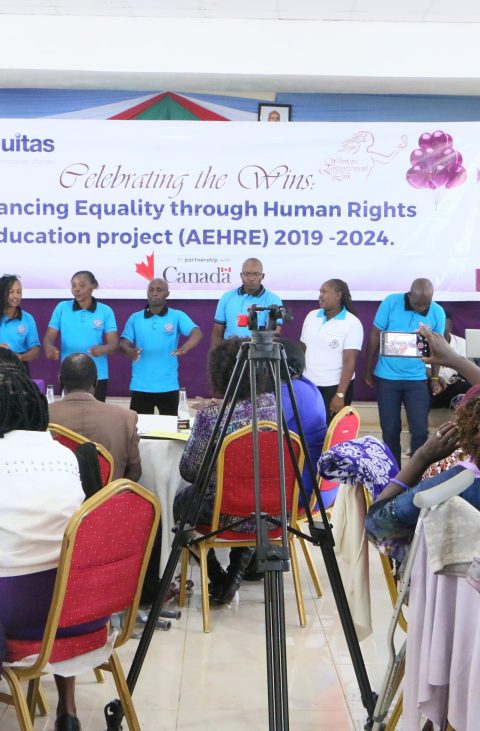
Advancing Equality Through Human Rights Education (AEHRE)
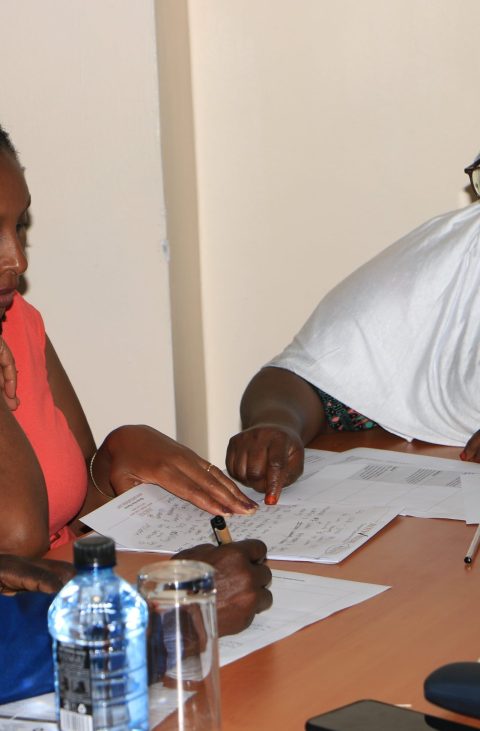
Power of Equality
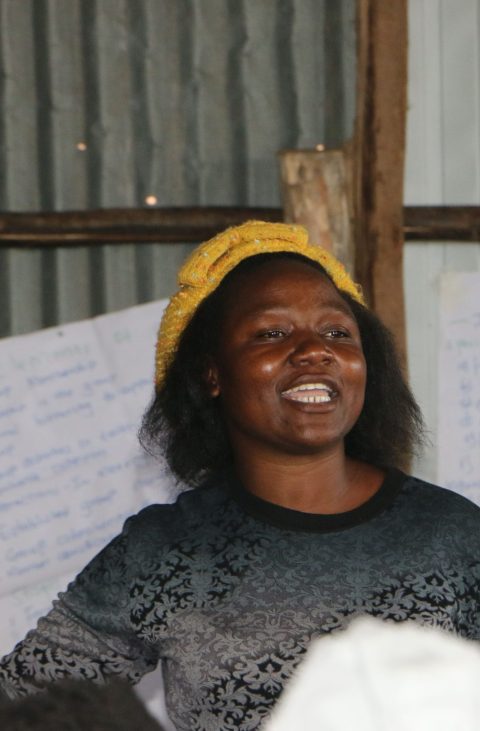
Young Women’s Leadership in Governance and Political Processes in Kenya.
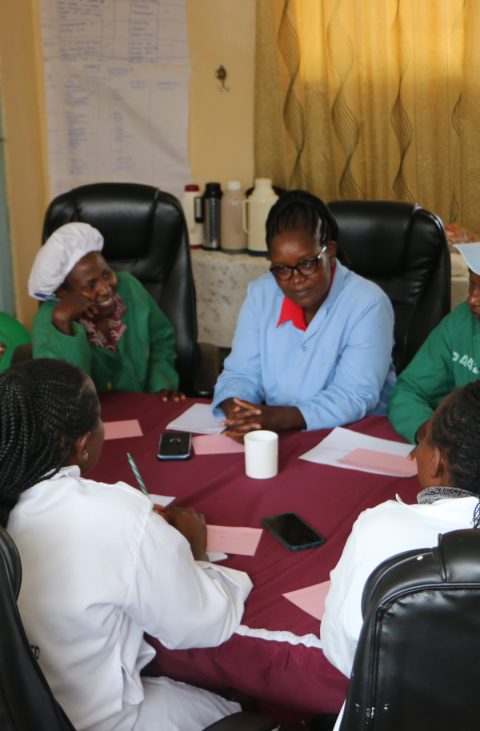
The Women in Power of Prevention Project (WPP)
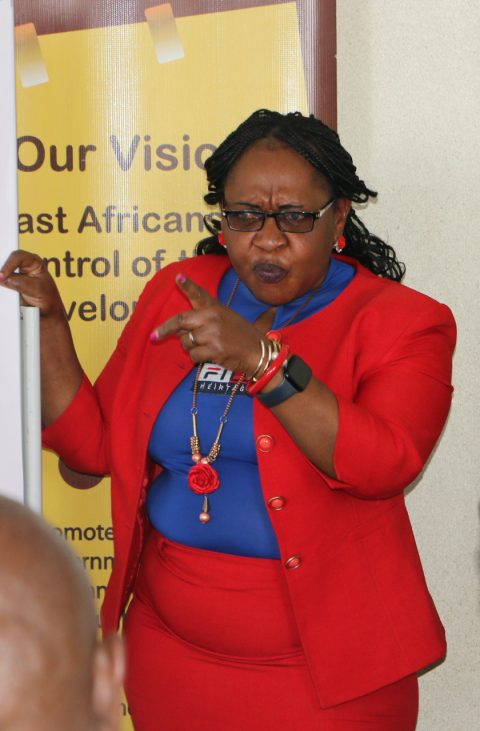
Women’s Leadership and Participation in Locally-led Climate Action In Homabay County
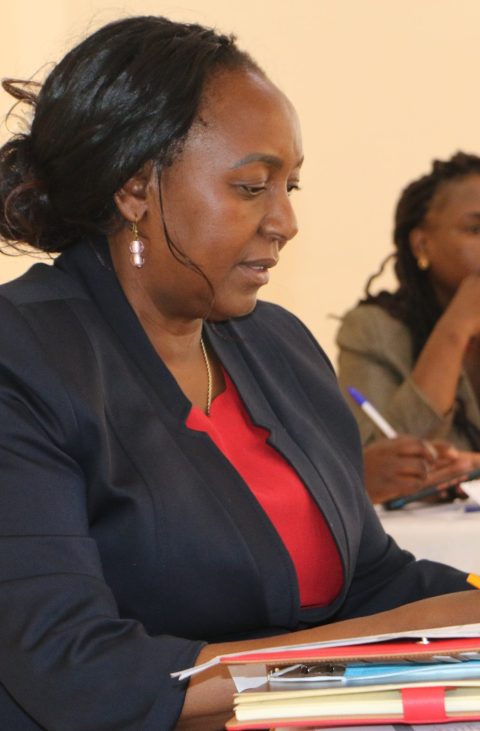
WEL in Partnership with BSR
Tel: +254 711 907 132
Tel: +254 732 574 060
Nakuru
Tel: +254 704 746 374
HomaBay
Tel: +254 742 234 446
